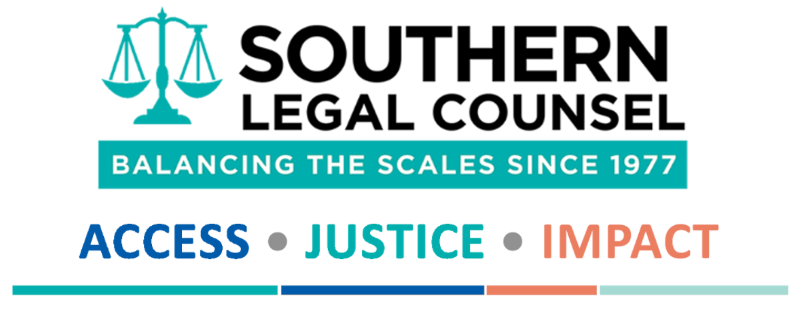The box below shows the areas where most adults are capable of making independent decisions.
Some adults with developmental disabilities will be able to make decisions for themselves in all of these areas, and some will not. There is no right or wrong answer to this question, and it is important that we are able to direct you to the best solution for your situation.
Some adults with developmental disabilities will be able to make decisions for themselves in all of these areas, and some will not. There is no right or wrong answer to this question, and it is important that we are able to direct you to the best solution for your situation.
Areas of Decision Making
- The ability to decide where you live
- The ability to make informed treatment decisions about your health
- The ability to make decisions about who you spend time with and activities you participate in
- The ability to make decisions managing any benefits you receive
- The ability to manage your own accounts and services, and to manage any property or items you own
Please note - There is a difference between not being capable of making independent decisions in an area, and not having the life experience to make good decisions yet. Most 18-year-olds, whether or not have have a disability, will have to learn how to be an adult, and will need support with developing skills. Similarly, many young adults with developmental disabilities are capable in many areas but just don't have the experience to consistently make good decisions. It is also important to understand that needing support to do something is not the same as not being able to do it. A peron who can do the things listed above with support and assistance of people they trust, is capable of making their own decisions. For examples of these types of assistance that will allow and adult with developmental disabilities to make their own decisions, read 100 Ways to use Supported Decision Making.
For this page please judge whether or not you feel they are capable of making decisions in an area.
For this page please judge whether or not you feel they are capable of making decisions in an area.
Involving the Adult with Developmental Disabilities
You may know your adult child with developmental disabilities better than anyone else. Even so, it is essential to involve them in this process as much as possible. None of us would want decisions about our lives to be made without us. This helpful tool summarizes all of the legal options available to people with disabilities as they become adults. It contains an assessment that will help you and your child determine what kind of support they need. On this website, we provide detailed information on some of the options in the toolkit.
Moving from Less Restrictive to Most Restrictive
Think about all of the decisions you make in a day. You need eight different rights just to wake up in your home, drive to work, and spend time with your spouse. In a guardianship or guardian advocacy, your adult child would lose some or all of their rights. Guardianship and guardian advocacy would also result in permanent court oversight over your adult child and their guardian. Terminating a guardianship or guardian advocacy requires costly and potentially complicated legal proceedings. For this reason, it is always better to try less restrictive alternatives like Supported Decision-Making and estate planning first. This gives the adult the chance to develop decision-making skills, practice, learn from their mistakes, and mature as an adult. If that does not work, guardianship and guardian advocacy will always be available.
The Dignify of Risk
Most of us, whether or not we have a disability, have learned a lot from our bad decisions. Adults with developmental disabilities have the right to make mistakes and learn from them. The idea that being able to take reasonable risks and learn from our mistakes is essential to our dignity and self-esteem is called “the dignity of risk.”
Sometimes adults with developmental disabilities are unfairly held to a higher standard. If an adult without a developmental disability makes an expensive late-night purchase online, it might be a funny story to tell at a party. But if an adult with developmental disabilities does the same, people might think the adult cannot manage their own money. Adults with developmental disabilities should not have to be perfect in order to prove they are capable of making their own decisions.
When your adult child with developmental disabilities makes a mistake, you can help them learn and grow from that mistake. You can help them understand what went wrong, manage any consequences, and learn how to avoid the same mistake in the future.
Sometimes adults with developmental disabilities are unfairly held to a higher standard. If an adult without a developmental disability makes an expensive late-night purchase online, it might be a funny story to tell at a party. But if an adult with developmental disabilities does the same, people might think the adult cannot manage their own money. Adults with developmental disabilities should not have to be perfect in order to prove they are capable of making their own decisions.
When your adult child with developmental disabilities makes a mistake, you can help them learn and grow from that mistake. You can help them understand what went wrong, manage any consequences, and learn how to avoid the same mistake in the future.

